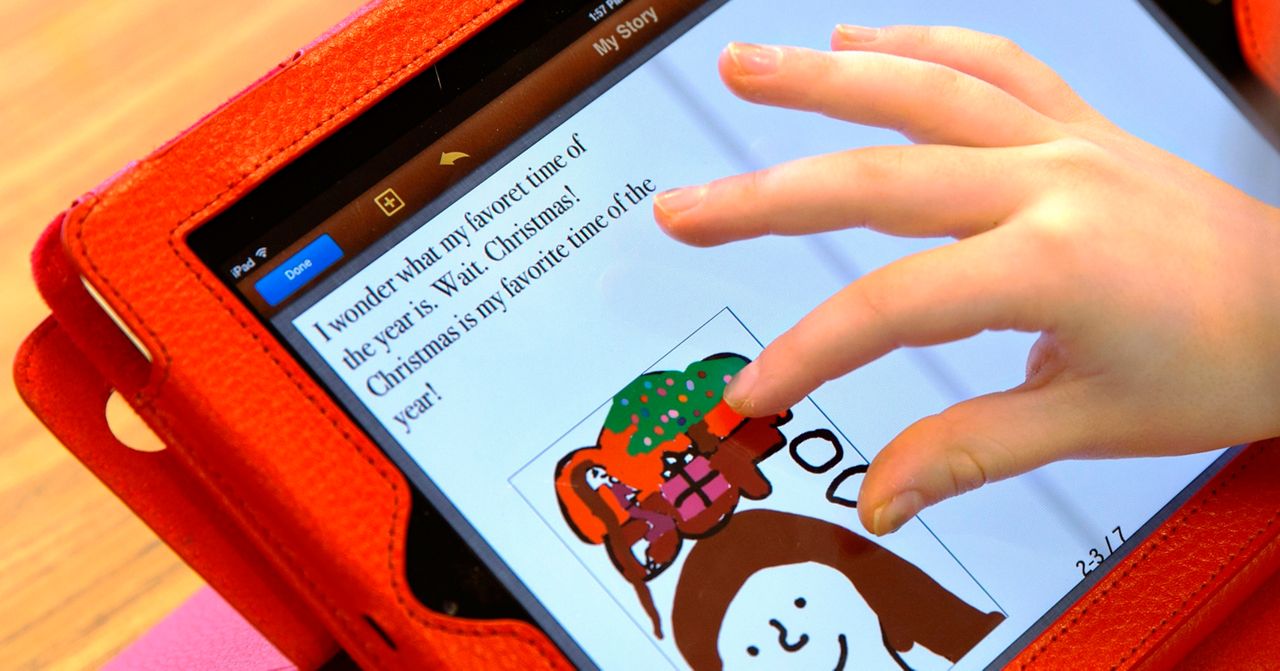NEW YORK CITY — Griselda Lopez knows her girls will have a tablet for learning remotely this September only because a friendly neighbor gave her one for free, she said.
A package thief stole the free iPad the Department of Education sent the Flatbush mom earlier this summer, but when Lopez tried to report it last week, she was told to file a police report and wait about six weeks, she said.
“In one word, nightmare,” Lopez said of her dealings with the DOE. “I don’t know what I’m going to do.”
Lopez, who plans for her four- and five-year-old daughters to share one tablet, is one of about 1,930 parents who have reported their devices stolen to the DOE, officials confirmed.
The DOE says it spent $269 million on the 300,000 iPads it bought to aid students with remote learning in the spring, which puts the cost at about $897 per iPad. That makes the lost and stolen iPads worth about $1.7 million.
About 321,000 iPads have been delivered since public schools shut down in March, which means more than 99 percent of iPads have reached their destination, according to the DOE.
“In these small number of cases, we quickly investigate and move to replace them at no cost,” DOE spokesperson Danielle Filson said. “We have made incredible progress towards closing the digital divide.”
But Lopez, whose device in June was stolen by someone who signed for the delivery, said the DOE hadn’t provided any information three weeks after she filed her claim in July.
On Aug. 13, the desperate mom took to Facebook, pleading for a neighbor to sell her a used iPad at a low price.
“Does anyone is selling a cheap iPad/tablet that my girls can share to do their homework?” she asked.
Now, Sofia, 5, and Camilla, 4, have a used Fire tablet they will share when kindergarten begins on Sept. 10.
But that tablet comes with its own challenges.
To download the apps the kids will need in the fall, Lopez has to enter her credit card information into the device.
Her girls are smart and curious, and Lopez is afraid of what they might buy while she’s at work. And her grandmother, who will watch the girls, also tends to her 1-year-old baby Maya.
“If [Camilla] sees something she likes, she’s just gonna get it,” Lopez said. “I don’t want that to be charged.”
Money became tight in the Lopez house after her parents died and she adopted her two teenaged brothers, the Brooklyn mom explained.
Feeding five kids on two salaries — Lopez returned to her nanny job two weeks ago — means they don’t have money to spare for an internet connection.
All DOE iPads were enabled last week as hotspots, the spokesperson told NY1.
But Lopez said this week she’s spent hours on the phone trying, without success, to set up the internet connection on the tablet her younger brother received in the spring.
Lopez's problems contacting the DOE come as more and more parents are choosing to learn remotely.
About 264,000 kids were signed up to learn from home on Aug. 10, according to the DOE. Seven days later, the number had increased to 304,000.
Concerns remain for about 697,000 kids slated to return to classrooms.
The city's teacher union has threatened to strike if their testing demands aren't met, and for about 10 hours Wednesday night and Thursday morning, the DOE listened to virtual testimony from about 200 New Yorkers sharing concerns over safety measures and social justice.
“I just find it highly inequitable that some students may be forced to return because of a lack of technology, internet access," high school teacher Madi Coyne said.
"Those are failures of the city to provide for their people,” she added.
Said Lopez to NY1, “I think I’m not the only one having trouble.”
